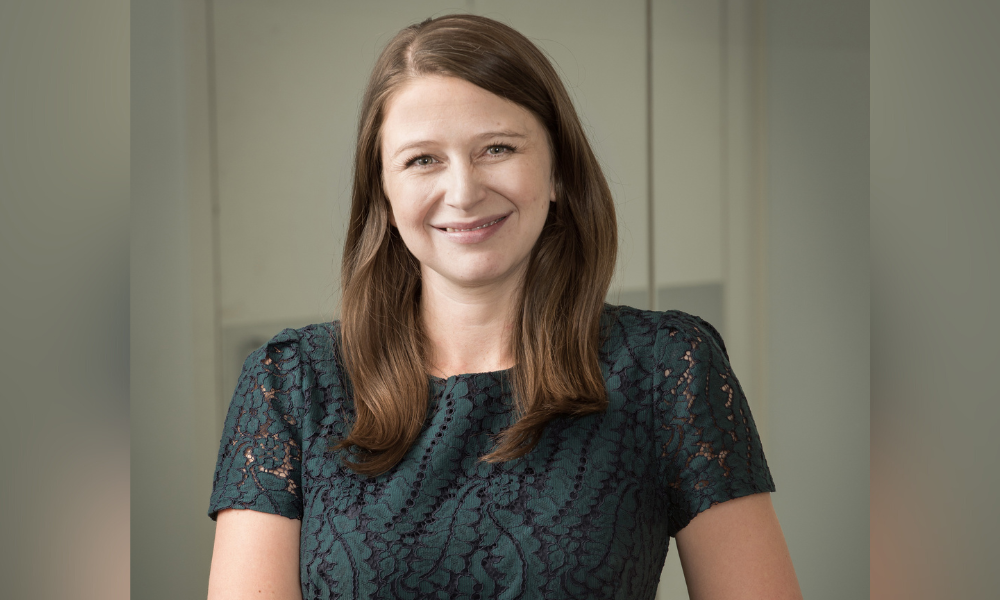Reverse mortgage pipeline up 50%

Heartland Group has posted a record net profit after tax of $95.1m over the 2022 financial year, an annual increase of $8.1m.
Additionally, the New Zealand company has announced a $200m equity raise. The proceeds are to be used to repay a $158m acquisition finance facility in relation to Heartland’s acquisition of livestock finance business, StockCo Australia on May 31, and as capital for growth.
Releasing its full-year results on Tuesday, Heartland Group Holdings Limited (Heartland), which operates Heartland Finance in Australia and Heartland Bank in New Zealand, reported NPAT of $95.1m, up $8.1m on FY21.
Other highlights include:
- FY22 underlying NPAT of $96.1m, up 9.3%
- Net interest margin – 4.16%, down 19 basis points on FY21
- Net interest income – $250.1m, up 7.1%
- Return on equity – 12.1%, up 21 basis points
- Gross finance receivables – $6.2bn, up 15.3%
- Operating expenses – $116.8m, down 0.8% on FY21.
Heartland Australia Group borrowings were $1.2bn, an increase of 9.3%.
In results for its Australian reverse mortgage business, Heartland said net operating income was $39.2m, up 8.2% on FY21.
Receivables increased by 15.2%, to $1.24bn, which Heartland said was driven by relaxing of COVID-19 lockdowns, growing acceptance of the use of reverse mortgages (allowing borrowers to remain in their home as they age), promotion of the federal government’s Home Equity Scheme, and targeted marketing.
Market share of Heartland’s reverse mortgages grew to 33.1%, now sitting at just over one third of the Australia market.
Read next: CBA posts $9.6bn net profit in full-year results
Heartland Finance head of operations, risk and compliance Sharon Yardley (pictured above) said despite the challenges of COVID-19, reverse mortgages performed strongly over the financial year. Demographics, notably an ageing population, continued to be a key driver of demand, she said.
At the end of the financial year, the pipeline of reverse mortgage applications underway was up 50% year-on-year, she said.
“As well as demographics having a great upside in terms of growth, we still have conservative LVRs and encourage customers to only borrow what they need,” Yardley said.
Reverse mortgages aren’t usually short-term, so the economic demand during COVID (and also right now) is an opportunity for Heartland to continue to help more Australians as they get older, she said. In the current environment of rising inflation and a higher cost-of-living, Yardley acknowledged that many people have debt later in life.
“Releasing some equity from their home without having to sell it or more out, helps them live a more comfortable retirement,” Yardley said.
Heading into the 2023 financial year, Heartland would continue to expand and enhance its reverse mortgage products, so they could assist the broadest range of customers possible, she said.
“In December (last financial year) we increased LVRs by 5% across all age bands to help customers who needed to access that bit more of equity when they needed it,” Yardley said.
“This year, we’ve launched changes to our Well-Life product, and reduced the age to 55 and over to support people as they take their next step in life.”
Heartland has announced a FY22 final dividend of 5.5c per share, taking the total FY22 dividend to 11c per share (flat on 2021). Heartland said this represented a full-year payout ratio of 68%, similar to its three-year average of 69%. The dividend yield of 7.1% was unchanged from FY21.
The proposed $200m equity raise is to include a $130m fully underwritten placement and a $70m non-underwritten share purchase plan, to shareholders in Australia and New Zealand.
Heartland said a share purchase plan would be sent to eligible shareholders on August 25 and would also be available via its website. SPP offer shares would commencing trading on ASX on September 12.
Challenges of current market conditions, including rising inflation and rapidly increasing interest rates, were somewhat tempered by low unemployment, flowing through into business and consumer confidence, Heartland said.
Heartland said it expects demand for reverse mortgages to grow, driven by demographics. Additionally, growth in livestock is driven by global demand for protein, helping to insulate the business against current economic challenges.
In Australia, Heartland Finance offers a Well-Life Loan (unsecured lending of up to $40,000), and Express Reverse Mortgage (a simplified and streamlined version of a standard reverse mortgage for borrowers with homes worth $400,000 plus), a small business loan product, and livestock finance through StockCo Australia.
Having identified Australia as a key growth market, Heartland said it had explored opportunities to establish or acquire an authorised deposit-taking institution in the country.
Heartland confirmed it had entered into a non-binding memorandum of understanding with Avenue Hold Limited, in relation to the potential acquisition of Avenue Hold and its subsidiary, Avenue Bank.
“The aim is to create the potential for a digital bank, which once Heartland assets are transferred into it, would be profitable,” Heartland said.
Heartland Reverse Mortgages received several awards over the 2022 financial year. These include being recognised as an excellence awardee for the Australian Mortgage Awards 2021 Non-Bank of the Year and Most Effective Digital Strategy - Lender categories, as well as InfoChoice’s Best Reverse Mortgage for 2020.



